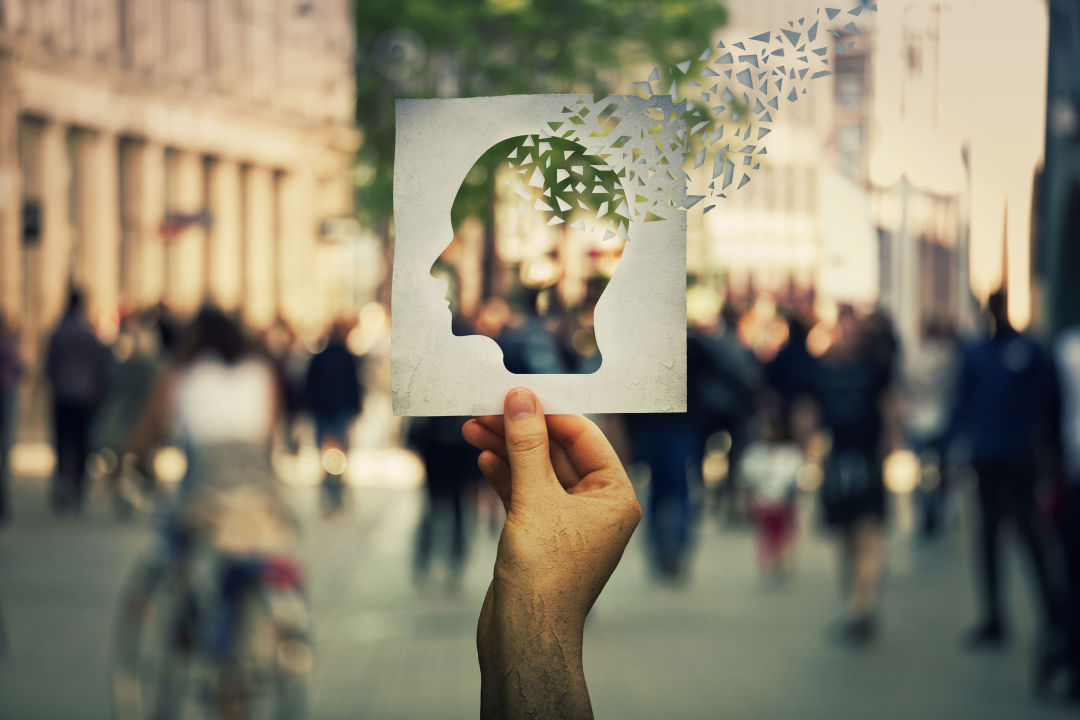Brain Boosters: The Rise of Nootropics for Enhancing Mental Performance
The topic of this story was provided by our review partner, Originated Media; SagaCity Media has editorial oversight over specific content.

Image: brain-boost3/Shutterstock
If you’re anything like me, you may be susceptible to forgetting things that happened yesterday but have no difficulty recalling the time your friend Sam (who you fell out of touch with after middle school) passed up the mint chocolate chip ice cream cake at your fourth birthday party because he preferred chocolate. Or you may have been a determined student, dead set on maintaining a 4.0 GPA, but sometimes could not concentrate for more than five minutes. For these scenarios and others, interest in a “smart drug” that helps boost brainpower has emerged: nootropics.
What Are Nootropics?
Nootropics are natural or synthetic substances that purportedly have a positive impact on mental skills, including cognition, concentration, and memory enhancement, while decreasing fatigue, procrastination, and even stunting boredom. In a study done by the National Center for Biotechnology Information, researchers found that nootropics can activate cognitive functions such as memory and learning, mostly in situations where these functions have been impaired and in conditions like Alzheimer’s disease, dementia, and ADHD.
Naturally Occurring
Nootropics can be found in dietary supplements, synthetic compounds, and prescription drugs, but can also appear in naturally occurring substances like caffeine—one of the most popular, natural nootropic stimulants. Besides helping with alertness, caffeine gives the brain access to different neurotransmitters such as acetylcholine, which assists with short-term memory and learning. Fish-oils, another natural nootropic, are said to reduce the decline in brain functions associated with aging and attempt to enhance moods, and the organic compound creatine may assist in energy metabolism and improvement of memory and thinking skills.
Buyer Beware
According to a 2015 study, nutrients and supplements similar to those found in various nootropics showed no convincing evidence of improvements in cognitive performance. Dr. Barry Gordon, director of the cognitive neurology/neuropsychology division at Johns Hopkins Medicine, would agree, having found no strong evidence that memory and human cognition are being enhanced by nootropic supplements: “It’s not clear that they work and not clear that they're safe.”
But Also, Some Promise
Other doctors, however, have different opinions, viewing nootropics as an aid, not an answer. Dr. Chris D’Adamo, director of research and education at the University of Maryland’s Center for Integrative Medicine thinks that nootropics can act as a bonus, helping with cognition and sleep, rather than providing a solution to the lack thereof.
In our modern age, when mental health is at an all-time low, the idea of enhancing brainpower seems particularly attractive. The rising interest in nootropics seems to stem from people wanting to feel “normal” again and be freed of the shackles of distraction and lethargy. But until their efficacy is proven more widely, There’s strong evidence that regular exercise improves memory and fends off age-related cognitive decline. Not as easy as taking a pill, but likely safer.
